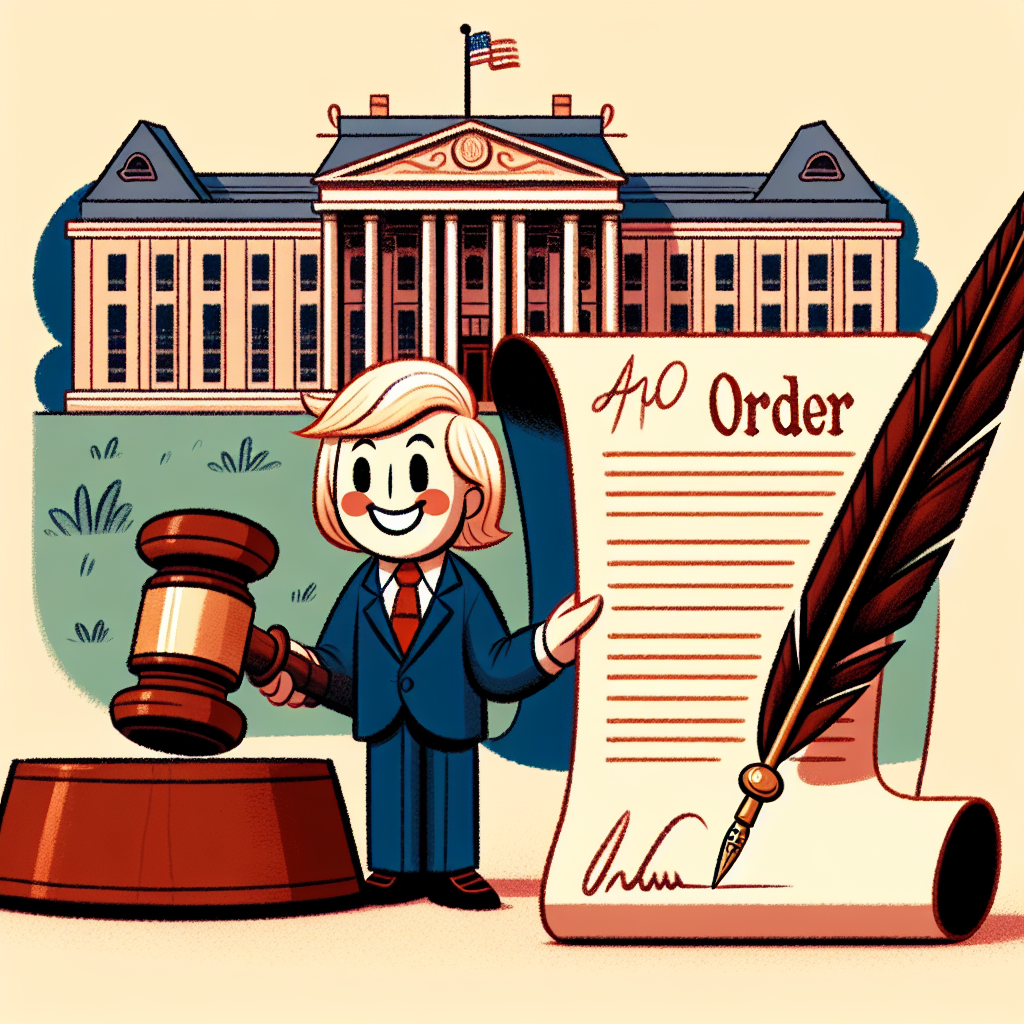Trump's Executive Order on Voter Proof Sparks Controversy
President Donald Trump signed an executive order mandating voter proof of citizenship, sparking debates over its impact on voting rights. The order, aiming to prevent non-citizen voting, could withdraw federal funds from non-compliant states. Critics argue it may disenfranchise marginalized voters and trigger legal challenges.

In a controversial move, U.S. President Donald Trump signed an executive order on Tuesday that mandates voters to prove their U.S. citizenship, with the intent of preventing states from counting mail-in ballots received after Election Day.
The order could lead to withholding federal funding from states that don't comply. Highlighting his long-standing skepticism of the electoral system, Trump reiterated claims of widespread fraud in the 2020 elections, a stance heavily scrutinized by critics.
The directive has drawn sharp criticism from voting rights activists, who argue it could disenfranchise voters lacking necessary identification, particularly impacting communities of color. Legal challenges are anticipated as the contentious debate over voting rights continues to unfold.
(With inputs from agencies.)










